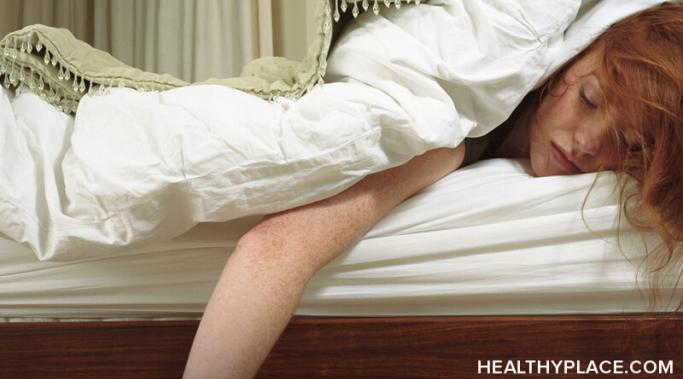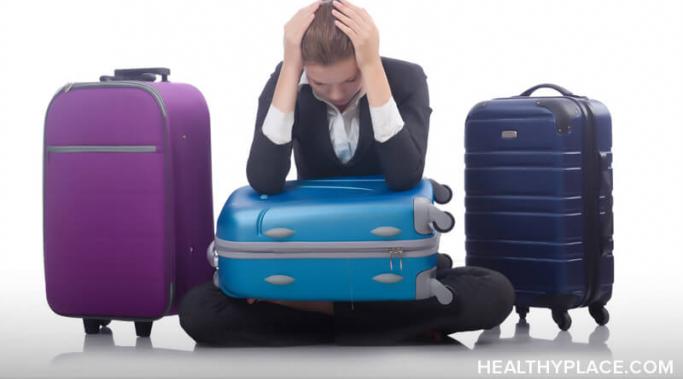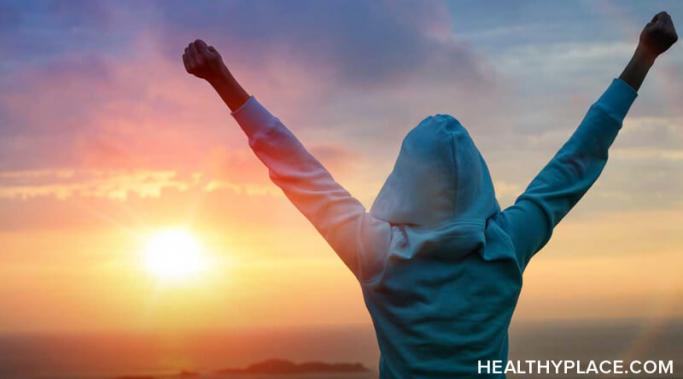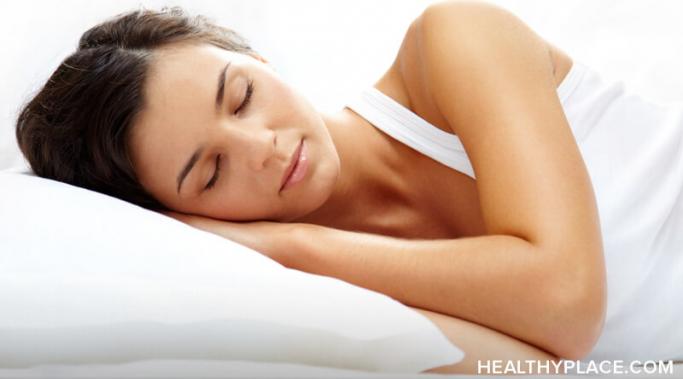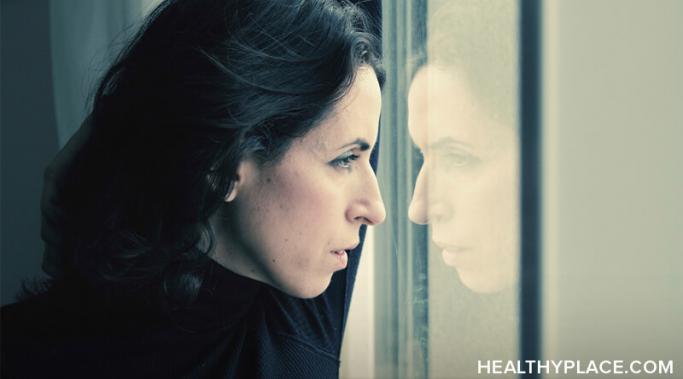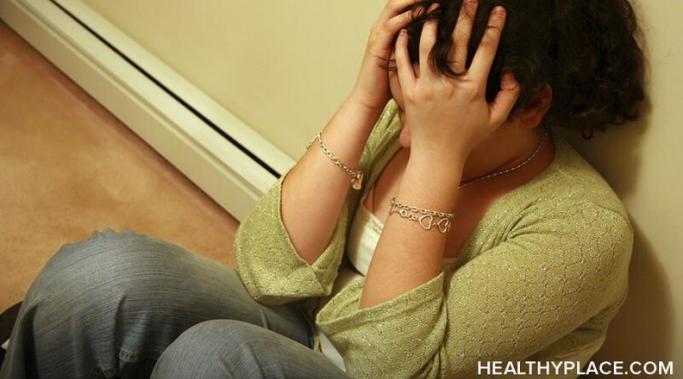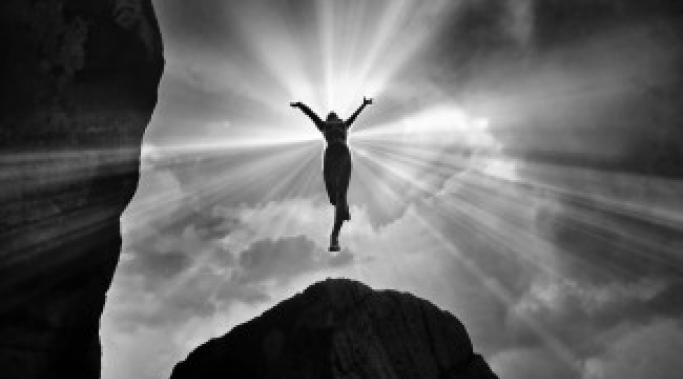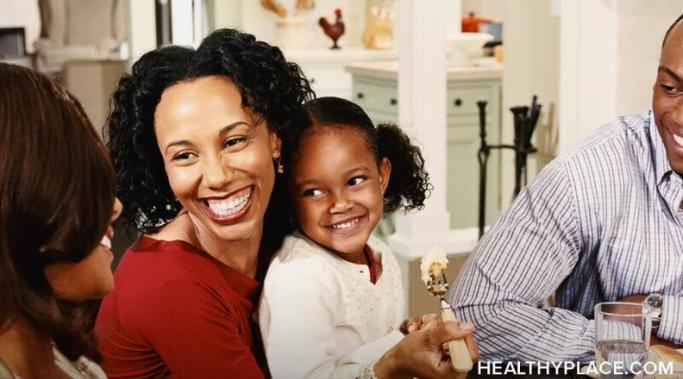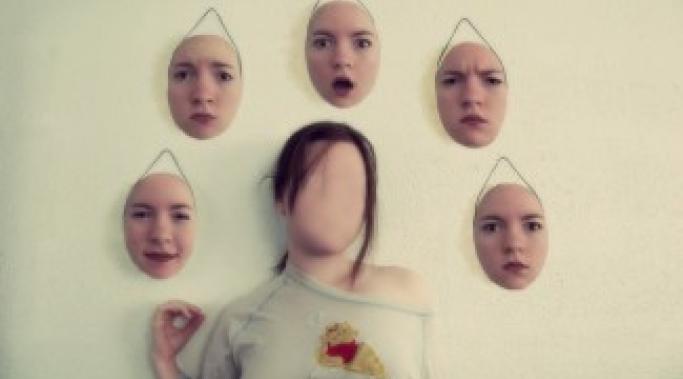Living with bipolar disorder is chock full of uncertainty. You never know when you might be well. You never know when you might be acutely depressed. You never know when mania might make you psychotic. And you never know when it might be the day when you need the hospital. If that isn’t uncertainty, I don’t know what it. And while everyone lives with uncertainty, the uncertainties that come with bipolar disorder are so very hard to live with.
Impact of Bipolar
Travel can make my bipolar disorder worse. Knowing this can make me fear travel. It's not that I don't like travel; theoretically, I like travel. I’ve done quite a lot of it, actually – I’ve been to 12 countries. Nevertheless, the older I get, the nastier my bipolar becomes and the more my bipolar disorder is worsened by travel. There are good reasons for this but there are also ways to mitigate it.
It’s important to celebrate the small achievements in bipolar disorder. I have written about this before, in fact. But what does a small win in bipolar disorder look like? How do you celebrate a small achievement in bipolar disorder?
Beating insomnia in bipolar disorder is a serious challenge. In the past, I have recommended sleep hygiene as the primary way of handling insomnia. And while this is very important, quite frankly, it just doesn’t work for everyone. I do it, and sometimes still don’t sleep – even with sleeping pills. So is there something better for beating insomnia in bipolar disorder? Maybe. I have discovered two mobile applications (apps) that help with sleep in new ways.
It’s hard for non-bipolar people to identify with this, but when I have bipolar depression, I don’t want anything. It doesn’t matter what it is, it doesn’t matter how I used to feel about it, it doesn’t matter how good an idea it seems, I just don’t want it with bipolar depression, and that’s it.
I have bipolar disorder and self-harm urges. No, this doesn't mean my diagnosis is wrong, it just means that I happen to have a mental health issue outside of my bipolar diagnosis. But let me be clear: I deny my self-harm urges. Even though I want to hurt myself, I don't. But this hurts. If the only thing in the world that you wanted to do had to be denied, wouldn't it hurt you, too?
I don’t think euphoria in bipolar hypomania feels like extreme happiness. I use the word “euphoria,” which does mean “extreme happiness” but the word only partially fits my experience (Bipolar Mania and the Impact of Manic Symptoms). “Euphoria” is what doctors call one of the “gateway criteria” for bipolar hypomania or mania (one of the main characteristics) so many people with bipolar disorder experience. And sometimes I do experience something like euphoria in bipolar hypomania but bipolar hypomania euphoria just doesn’t feel like its real definition to me.
When the pain is at its worst, it feels like bipolar and hypersensitivity go hand in hand. It’s like when you get the flu and every little touch hurts. That’s physical hypersensitivity. And I don’t know why I get it but I assume it’s part of the neuropathic pain or exaggerated pain that some with bipolar experience. Long story short, it hurts to even wash my hands because of my bipolar-caused hypersensitivity.
While it can be challenging there are ways to avoid bipolar mood episodes over the holidays, or minimize them at least (Why Bipolar Mood Instability Happens During the Holidays). These techniques are often the ones we use during the year but we forget about them at the holidays. Learn more about how to avoid bipolar mood episodes over the holidays.
Many people can find enjoying the holidays challenging, but for those with bipolar disorder, the holidays can also cause bipolar mood instability. This is a special challenge over and above what the average person faces. While average people may worry about seeing a brother who hates them or an alcoholic aunt who is a mess, people with bipolar disorder risk a bipolar relapse. Here are some of the reasons why the holidays cause bipolar mood instability for those with bipolar disorder.
